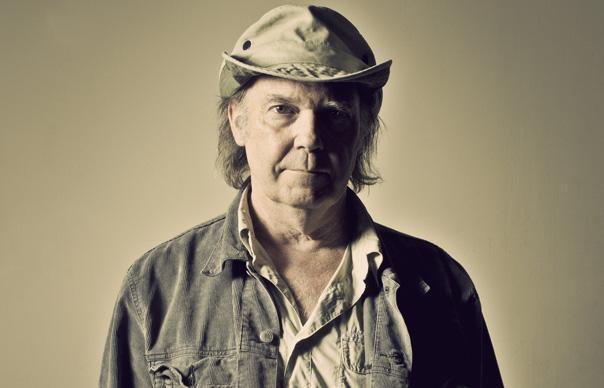Neil Young has hinted that he may reunite Buffalo Springfield.
The singer believes he has unfinished business with the mid-’60s band he formed with Stephen Stills, and may reform the group for a new record. They previously reunited for a brief tour in 2011.
Speaking to The Guardian, Young said:
“Two of the guys are no longer with us, so it’s difficult, but we’re yet to do something that …you never know.”
He continued: “It just seemed like it never reached its potential. There was always something wrong, always somebody missing, always some kind of conflict, always a problem. It stopped us from being as great as we could be, and we didn’t know how to deal with it and so we really didn’t quite succeed.”
Young says it was the deportation of bassist Bruce Palmer from the USA to Canada that prevented Buffalo Springfield from achieving lasting success.
“We lost our players, we didn’t lose our minds. We lost our bass player,” said Young. “We lost what made us great, and when we got the chance to record with the band in the first place we didn’t have anyone good to take us into the studio and make the best of what we were.”
Last month, Foo Fighters frontman Dave Grohl and Dan Auerbach of The Black Keys joined Neil Young on stage at a free concert in Central Park, New York. As Young’s set reached a climax, Grohl and Auerbach joined Young & Crazy Horse for an extended version of the Canadian singer’s ‘Rockin’ In The Free World’ – watch a video of the performance below.
Meanwhile, the singer is set to take on iTunes with a new high-resolution music service designed to combat the compressed audio offered by MP3s. Launching next year, Young’s service Pono will offer a music download service, portable music players, and digital-to-analogue conversion technology. The aim is to present songs as they first sounded when they were recorded.


